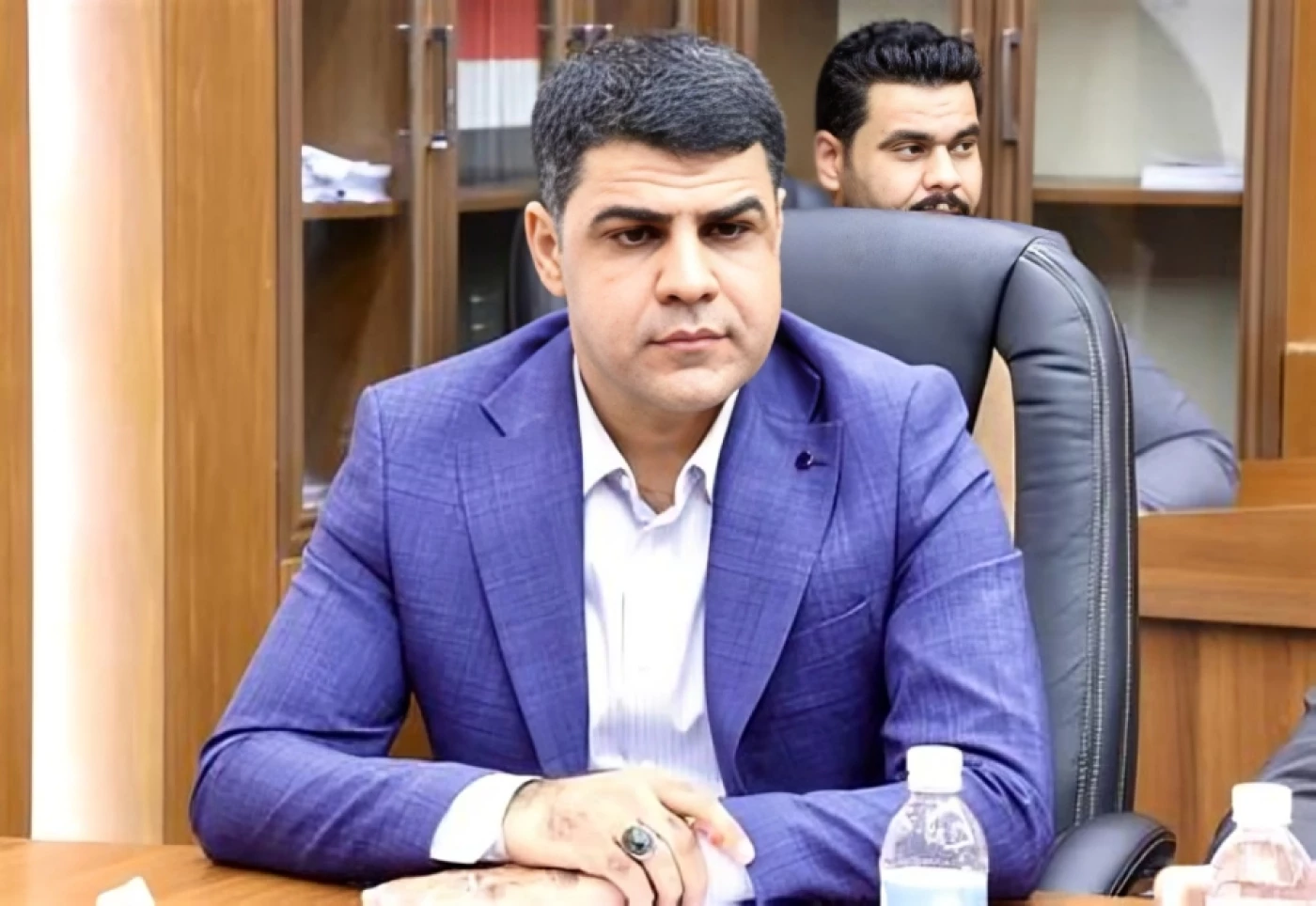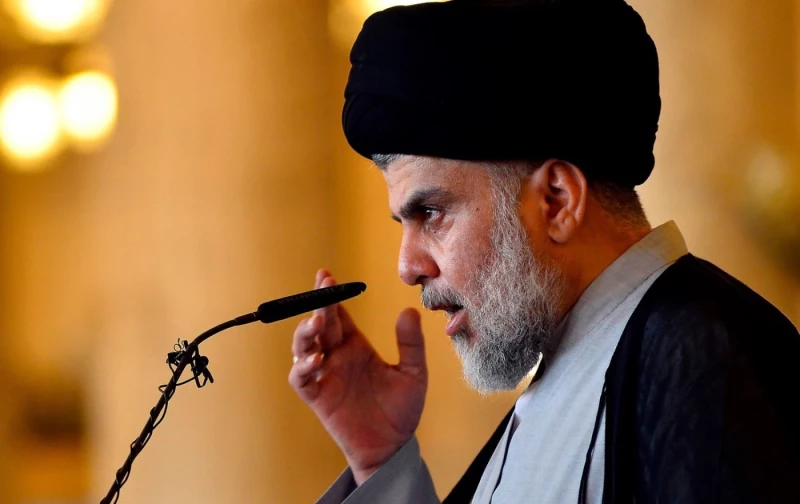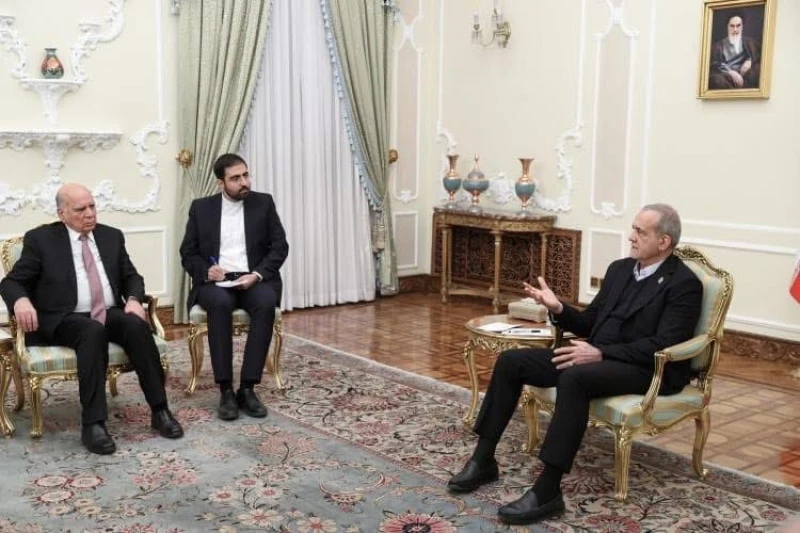ERBIL, Kurdistan Region of Iraq - Karwan Yarwais, a Kurdish lawmaker, has criticized the Iraqi government's decision to turn Qaratapa, a subdistrict in Diyala province, into a district, calling it unconstitutional and a return to Arabization policies from the Ba'ath era.
The Ministry of Planning recently approved the change, which also includes merging the subdistricts of Jabara, Koks, and Kulajo into the new Qaratapa district.
Many Kurds see the move as an attempt to shift the demographic balance in Diyala’s Khanaqin district, which has a Kurdish majority.
On Saturday, Yarwais from the Patriotic Union of Kurdistan (PUK) said in a statement that the decision violates Article 140 of Iraq’s constitution. That article prohibits changing the boundaries of disputed areas until a final settlement is reached.
“These areas are protected under Article 140,” Yarwais said. “Changing their administrative borders is not allowed until the article is fully implemented.”
The lawmaker warned that the Kurdish bloc in Parliament could respond with countermeasures. “If the government believes this decision is constitutional, then returning Kalar, Kifri, and Chamchamal to Kirkuk should also be considered legal,” he said, noting those areas were separated from Kirkuk during Ba'athist Arabization campaigns.
He called on Prime Minister Mohammed Shia’ al-Sudani to cancel the decision, saying it undermines the constitution. He also urged the president to step in as the “protector of the constitution.”
“The real goal behind this move is to continue the Arabization and displacement policies,” the Yarwais said. “If Article 140 has not been implemented, the government should not allow it to be violated.”
During the rule of former Iraqi President Saddam Hussein, Kurdish-majority areas were subjected to Arabization policies that saw forced displacement, land transfers, and other means of ethnic cleansing to hamper Kurdish political aspirations and homogenize the country and cultivate an Arab majority. Other minority groups such as Turkmen, Yazidis, and Assyrians were also affected by these policies.
According to Human Rights Watch, the aftermath of the 1991 uprisings against the Ba'athist regime saw the government "forcibly expel over 120,000 Kurds, Turkmen, and Assyrians from their homes in the oil-rich region of Kirkuk and neighboring towns and villages."



 Facebook
Facebook
 LinkedIn
LinkedIn
 Telegram
Telegram
 X
X


